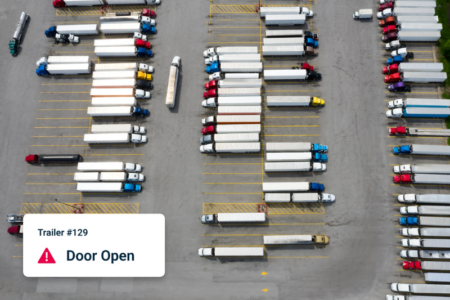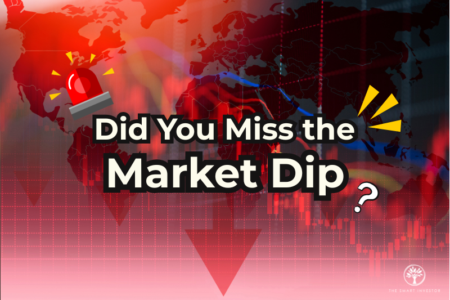I never expected to reconnect with Rico Hizon, the award-winning journalist on CNN Philippines. Whilst it was undoubtedly a delight to chat with him again on air, the topic of discussion was more sombre. It is a subject that I find quite worrying.
It was about inflation, or more precisely the sudden surge in inflation in the Philippines that was caused by an unforeseen 18% rise in the price of rice. Point is, the central bank of the Philippines had hoped that it could finally be done with its interest-rate hikes. But climbing rice prices has now put paid to that idea.
Unfortunately, inflation could be with us for quite some time, which means that interest rates, as many central banks have already pointed out, could be higher for longer. It doesn’t really take much for inflation to spike. Consequently, it will be very hard for them to put the inflation genie back in the bottle regardless of how much they might say they want to.
There is something else, which, at first sight, might appear to be unrelated to interest rates, namely, national debt. But there is a connection.
According to Goldman Sachs, the average ratio of developed market debt to GDP has risen to around 100%, which is up substantially from less than 70% before the financial crisis of 2008. It also reckons that debt to-GDP could rise further.
Inflation and debt in this instance are somewhat related. Here’s why. As far as some national governments are concerned, they have virtually no chance of ever paying down, let alone pay off, their debts. A less painful option, therefore, could be to let inflation whittle away the burden of debt.
Consider a situation where we might owe someone $100,000. If we can somehow delay paying the debt for 20 years when inflation is running at 5% a year, then the debt would only be worth $35,000 in today’s money after two decades. Put another way, we have saved ourselves $65,000 in real terms, even though the nominal amount owed has remained the same.
It is called financial repression, which is an indirect way for some governments to use private money to pay down public debt. The tools that are used include sub-inflation interest rates and policies that could stoke inflation. Recently, Rishi Sunak, the prime minister of the UK called inflation a tax. The BBC disagreed. But the BBC is only half right.
Inflation may not be a tax in the strictest sense of the word, but it is nevertheless taking away the buying power of the money in our pockets or our nest eggs. It is effectively a tax through stealth.
We might not be able to control inflation but we can do something about protecting the money that we have saved. Accepting sub-inflation interest rates on our savings is not one of them.
But investing in inflation-beating assets can be a good way to ensure that what we have can at least keep pace with, if not outpace, rising prices. It should be the cornerstone for anyone who is investing for their retirement.
If you’d like to learn more investing concepts, and how to apply them to your investing needs, sign up for our free investing education newsletter, Get Smart! Click HERE to sign up now.
Get more stock updates on our Facebook page. Click here to like and follow us on Facebook.Disclosure: David Kuo does not own any of the shares mentioned.





